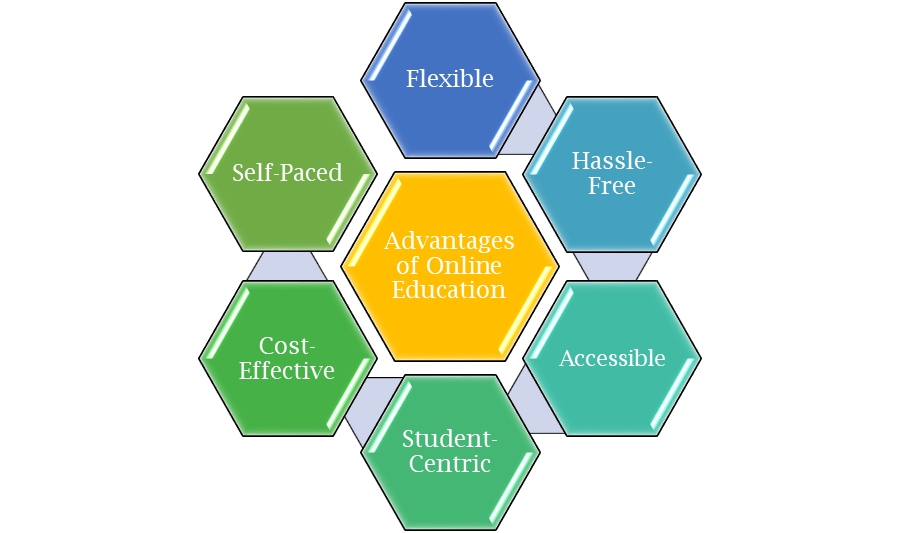
IIECCE Online Education has proved to be an effective educational method in the current era. Experts suggest that this new online education system has the potential to make education policies more responsive, transparent, and evidence-based in the years to come. Globally, this smart solution has already offered several advantages to both students and stakeholders. However, some of us are still skeptical about this educational method. And we miss out on utilizing the opportunities created by this powerful medium at various levels of formal education.
Simply put Online education refers to a method of carrying out teaching and learning processes through technology. Students and teachers make use of internet technology to experience learning opportunities outside the vicinity of a traditional classroom. Students and teachers interact with each other through options like virtual classes/sessions, Chabot’s, emailing, messaging, etc.
Online study is conducted through a Learning Management System (LMS). Students log in and access the dashboard to find the course content which is generally in the format of modules, further divided into lessons. They also have the option to connect with the teachers, join a virtual session, chat with peers/teachers, etc. through the dashboard. Some online schools have also gone miles ahead with mobile applications, a fixed number of online classes, and ‘on-request’ educator support, etc. for an enhanced experience.
Like traditional education, this modern education medium too requires coursework completion within the defined deadlines. Students need to complete and upload their assignments, post which the teachers share their feedback. In a 100% virtual learning environment assignments are also conducted virtually. All the details of the student’s performance (assignments, post-lesson tests, assessments, etc.) are recorded within the LMS.
Technology-driven virtual classes are an imperative part of an online learning center. These sessions/classes are conducted by trained educators who connect with the students for doubt-clearing, knowledge-sharing, collaborative activities, skill-building, etc. In the simplest terms, these classes are for real-time interactions and often have a predefined schedule. These synchronous learning opportunities allow students to be part of discussions and engage in socializing with their peers without visiting any physical campus.
